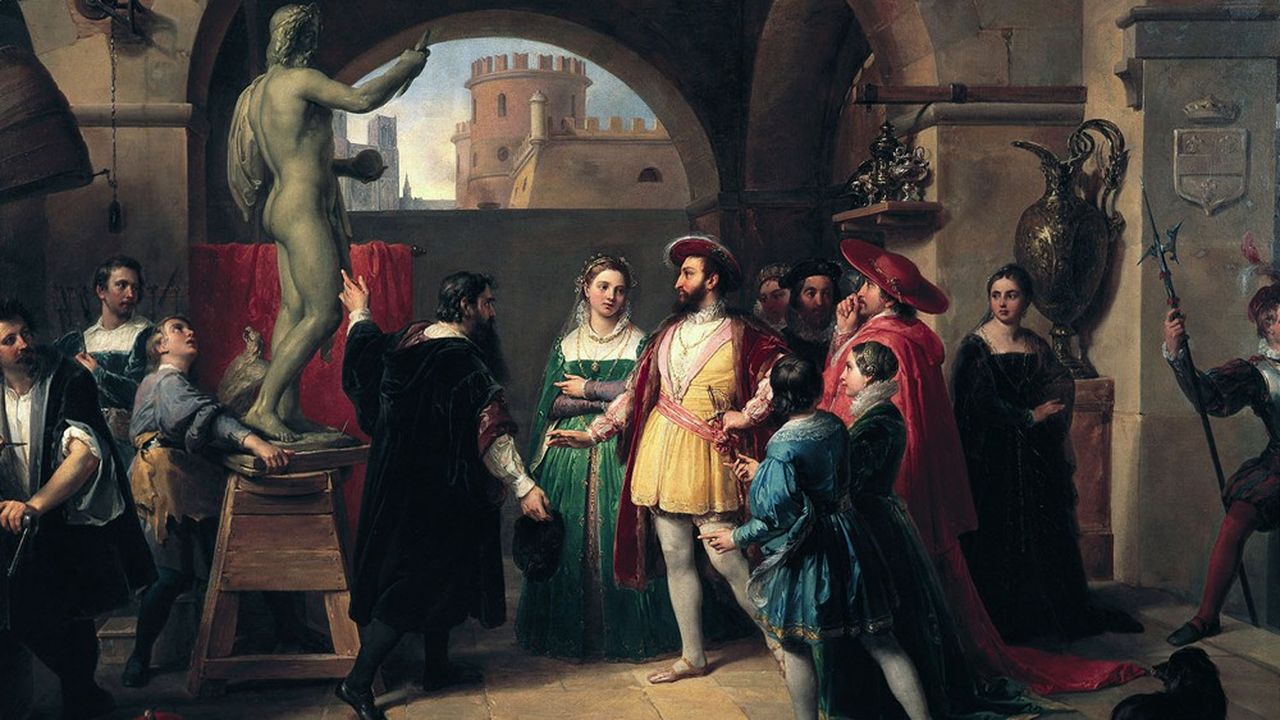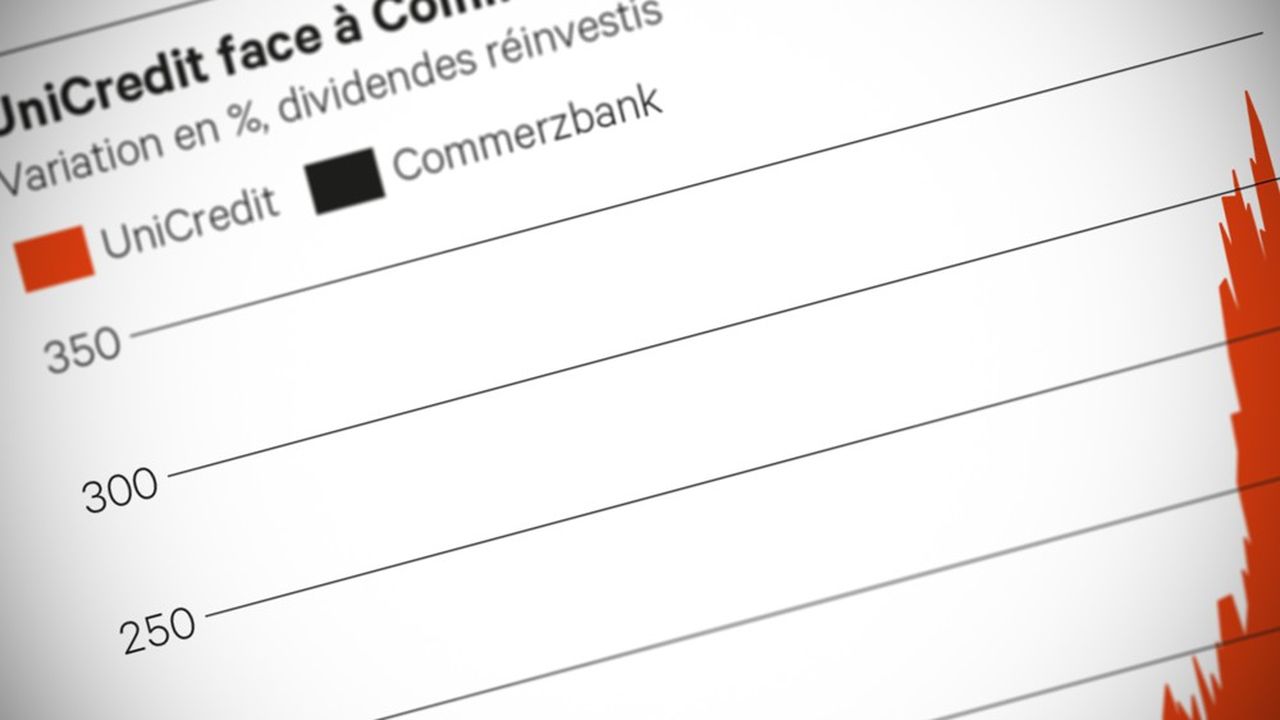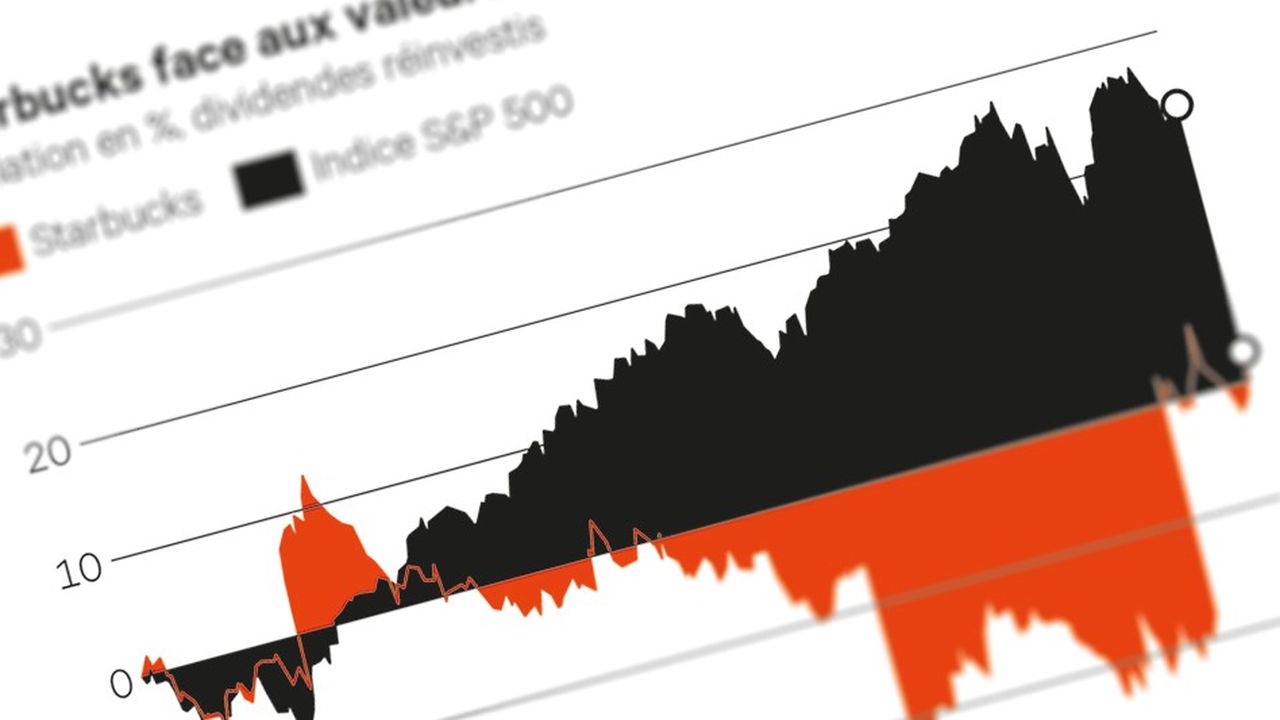
He expelled the Jews and appropriated their property, expropriated his Lombard creditors, slaughtered the wealthy Templars and shamelessly manipulated the currency. But if there is one thing that Philip the Fair cannot be blamed for, it is that he went bankrupt, unlike many of his successors. And for good reason! There was no such thing as a “public debt” in his time, at least in France. It was Francis Ier who is the first to borrow on public markets, with a market price.
At the time, when the State borrowed, it did not inspire confidence. It therefore had to go through the cities. The town halls, in Lyon, Paris or Rouen, guaranteed the royal debt on their tax revenues, sold in the form of perpetual “rents”. This was because the cities inspired more confidence: they were endowed with great freedoms, administered by wealthy bourgeois who were more sensitive to financial interests.










